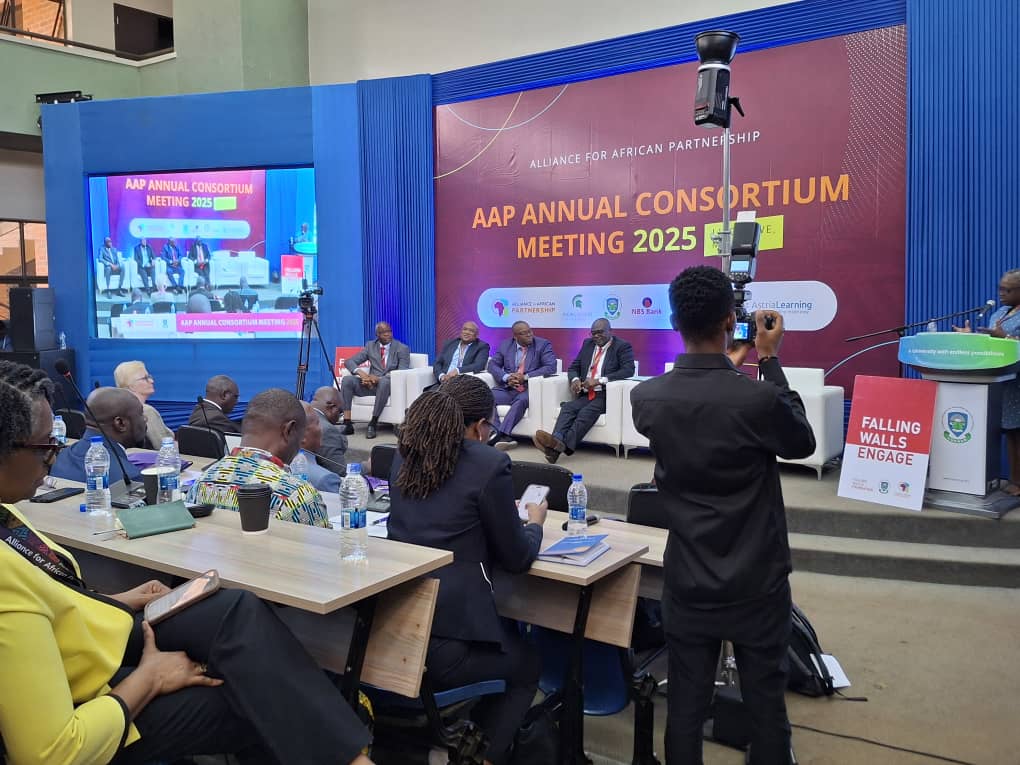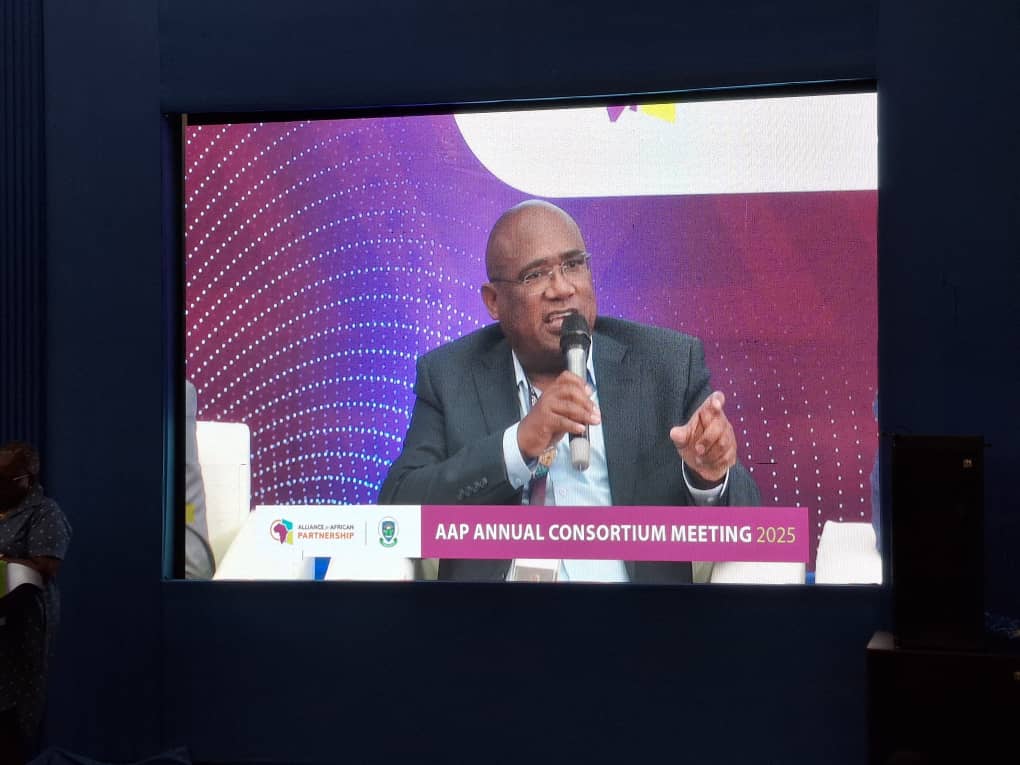Professor Norris Calls for Stronger Collaborations that Bridge the Gap Between Research and Policy
 In a bid to support science communication interventions which remain a catalyst for research impact, the University of Botswana (UB) continued to actively participate in key discussions underscoring its commitment to regional cooperation and leveraging academic expertise for sustainable development. Science communications play a critical role as it bolsters effective translation of research findings into understandable and actionable insights, thereby crucial for broader impact and public engagement. The University reaffirmed this at the annual Alliance for African Partnership (AAP) Consortium Meeting, taking place from the 8th -11th of June 2025 in Lilongwe, Malawi.
In a bid to support science communication interventions which remain a catalyst for research impact, the University of Botswana (UB) continued to actively participate in key discussions underscoring its commitment to regional cooperation and leveraging academic expertise for sustainable development. Science communications play a critical role as it bolsters effective translation of research findings into understandable and actionable insights, thereby crucial for broader impact and public engagement. The University reaffirmed this at the annual Alliance for African Partnership (AAP) Consortium Meeting, taking place from the 8th -11th of June 2025 in Lilongwe, Malawi.
As a panellist Professor David Norris, UB Vice Chancellor, underscored the pivotal role that science communication and engagement plays in advancing research impact through co-creation. The topic for discussion was “Integrating Science Communication and Engagement in African Research Institutions” and Professor Norris participated alongside Acting Vice Chancellor Unuversity of Nigeria, Nsuka (UNN), Oguejiofo T. Ujam, ANAPRI Executive Director, Antony Chapoto and Head of Department - Agriculture Education and Development Communication, LUANAR, Japhet Mchakulu.
Professor Norris highlighted that science communication maximises research impact and observed that a sizeable number of research undertaken in Africa gets misdirected in the research process cycle hence a blunt reminder that African Universities need to effectively put science communications to pragmatic use. Professor Norris lamented the fact that research had been confined to academic journals whereas its intended purpose gets defeated. He highlighted that quality and excellence in science communication were essential tools for solving societal challenges and powering economic growth.
He further underscored the fact that research was meant to inform policy, drive innovation and solve global challenges, zeroing in on climate change as it continued to affect food security and pose a host of health challenges to human life. During the panel discussion, Professor Norris called for continental research collaborations in that collective effort was more effective than individual competition in addressing Africa's complex challenges. Additionally, Professor Norris advised that gone were the days when Universities were viewed as ‘ivory towers’ and that universities should acknowledge their role as central players in economic development, job creation and catalysts in driving transformation impact.
 Over and above, UB's delegation actively participated in discussions on entrepreneurship, youth empowerment and regional cooperation, reaffirming its vision of becoming a leading force in African higher education. In addition to fruitful discussions, the UB delegation reinforced its commitment to building strategic partnerships by engaging prospective partners that will contribute to a prosperous and sustainable future across the continent.
Over and above, UB's delegation actively participated in discussions on entrepreneurship, youth empowerment and regional cooperation, reaffirming its vision of becoming a leading force in African higher education. In addition to fruitful discussions, the UB delegation reinforced its commitment to building strategic partnerships by engaging prospective partners that will contribute to a prosperous and sustainable future across the continent.
In conclusion, the need for practical and robust research impact cannot be overstressed as research plays a fundamental role in addressing societal challenges and through science communication reach its intended beneficiaries. There is need to reassess dissemination interventions and ensure they are properly resourced, hence the need for pragmatic science communication strategies. Professor Norris called for stronger collaborations that bridge the gap between research and policy which will undoubtedly ensure practical implementation of research findings thereby informing policy.